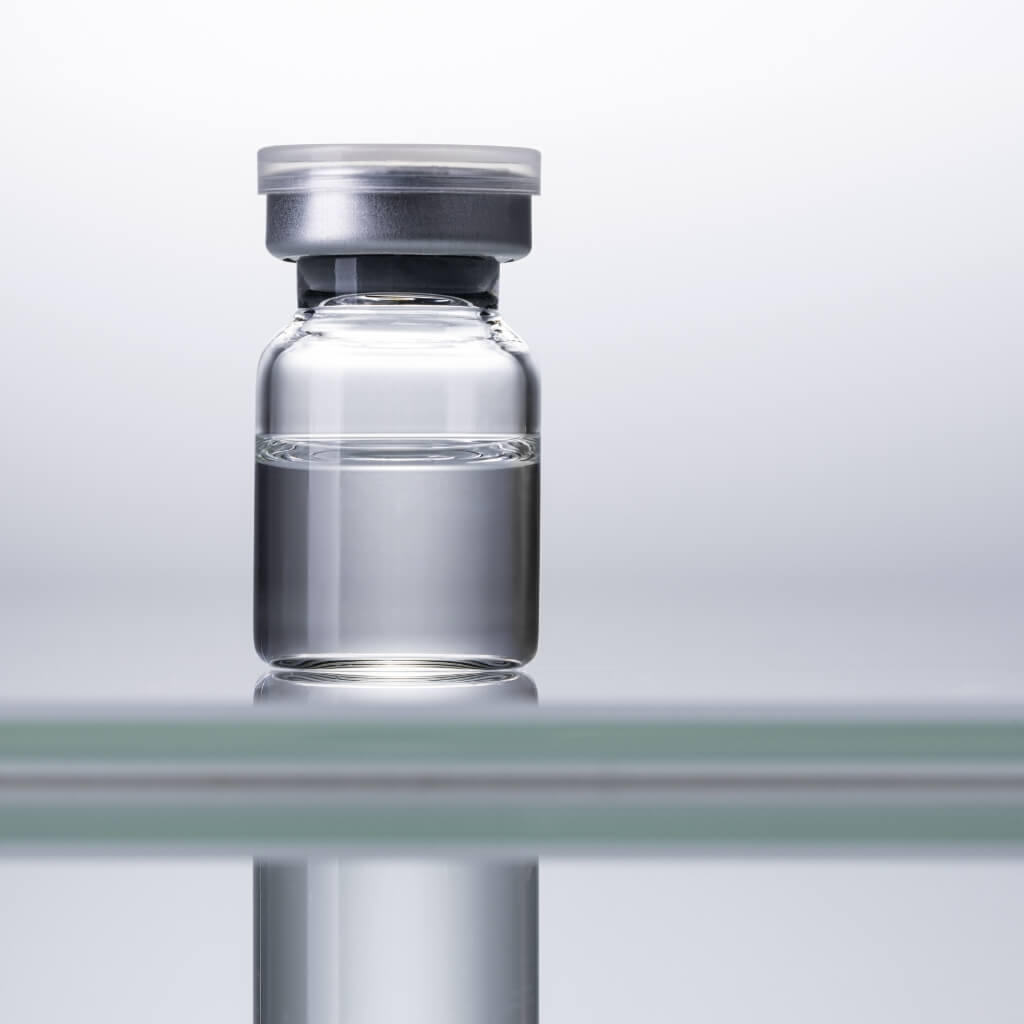Chimeric Antigen Receptor T Cell Therapy (CAR-T): Genetically programmed immune cell binds to and destroys cancer cell / Therapy is now available for the majority of indications
15. September 2022 • Cell / Gene technology
15. September 2022 • Cell / Gene technology
Cell-based immunotherapies, such as CAR T cell therapy, are effective means of treating cancer. However, technological advances in various disciplines are needed to meet the rapidly growing demand for such novel drugs. Researchers from the Fraunhofer Institute for Cell Therapy and Immunology now summarize the current state of research and discuss possible solutions to overcome biological and technical hurdles in their recent article “Potential solutions for manufacture of CAR T cells in cancer immunotherapy” published in the journal Nature Communications.
In the future, an increasing demand for cell-based cancer drugs is expected. For instances, the U.S. Food and Drug Administration (FDA) has already approved a first application for the use of novel cancer immunotherapies for second-line therapy, i.e. after a first relapse. The article explains this and other backgrounds, such as the steadily increasing number of clinical trials with CAR T cells, and gives an outlook on necessary developments, especially in the field of pharmaceutical manufacturing. The authors also discuss expectations and challenges of off-the-shelf approaches, in which therapeutics would not be personalized but rather produced in stock and available in larger numbers. Furthermore, different cell sources, e.g. induced pluripotent stem cells and natural killer cells, are discussed as a basis for allogeneic cell therapeutics. Finally, the article summarizes the most urgent development needs, including key technologies such as digitalization and automation. The article is intended to serve as an orientation and roadmap for researchers from a wide range of disciplines who wish to contribute to more efficient, economical and needs-based care for cancer patients.
Blache, U., Popp, G., Dünkel, A., Koehl U, Fricke S. Potential solutions for manufacture of CAR T cells in cancer immunotherapy. Nat Commun 13, 5225 (2022). doi: 10.1038/s41467-022-32866-0

cell-immune-gene-therapies
Small glas bottle which is normally used to store vaccine
Chimeric Antigen Receptor T Cell Therapy (CAR-T): Genetically programmed immune cell binds to and destroys cancer cell / Therapy is now available for the majority of indications

digital-health
Human who looks onto a recording of brainwaves on his tablet computer and moves the model with his fingers
The Smart Infrastructure Hub Leipzig will receive a further 1,9 million euros from the cluster funding of the Saxon Ministry of Economic Affairs.

cell-immune-gene-therapies
Small glas bottle which is normally used to store vaccine
A relatively small metropolis in Germany’s Free State of Saxony – a dynamic hub for the life science industry? What was just a vision 20 years ago has become a reality for the city of Leipzig, which from October 24-26 co-hosted BIO-Europe, Europe’s largest annual biotech partnering event.

services
Woman who looks at something through a microscope while another woman ist watching her
The European Commission has approved the Saxon ERDF/JTF program for the funding period 2021 to 2027.